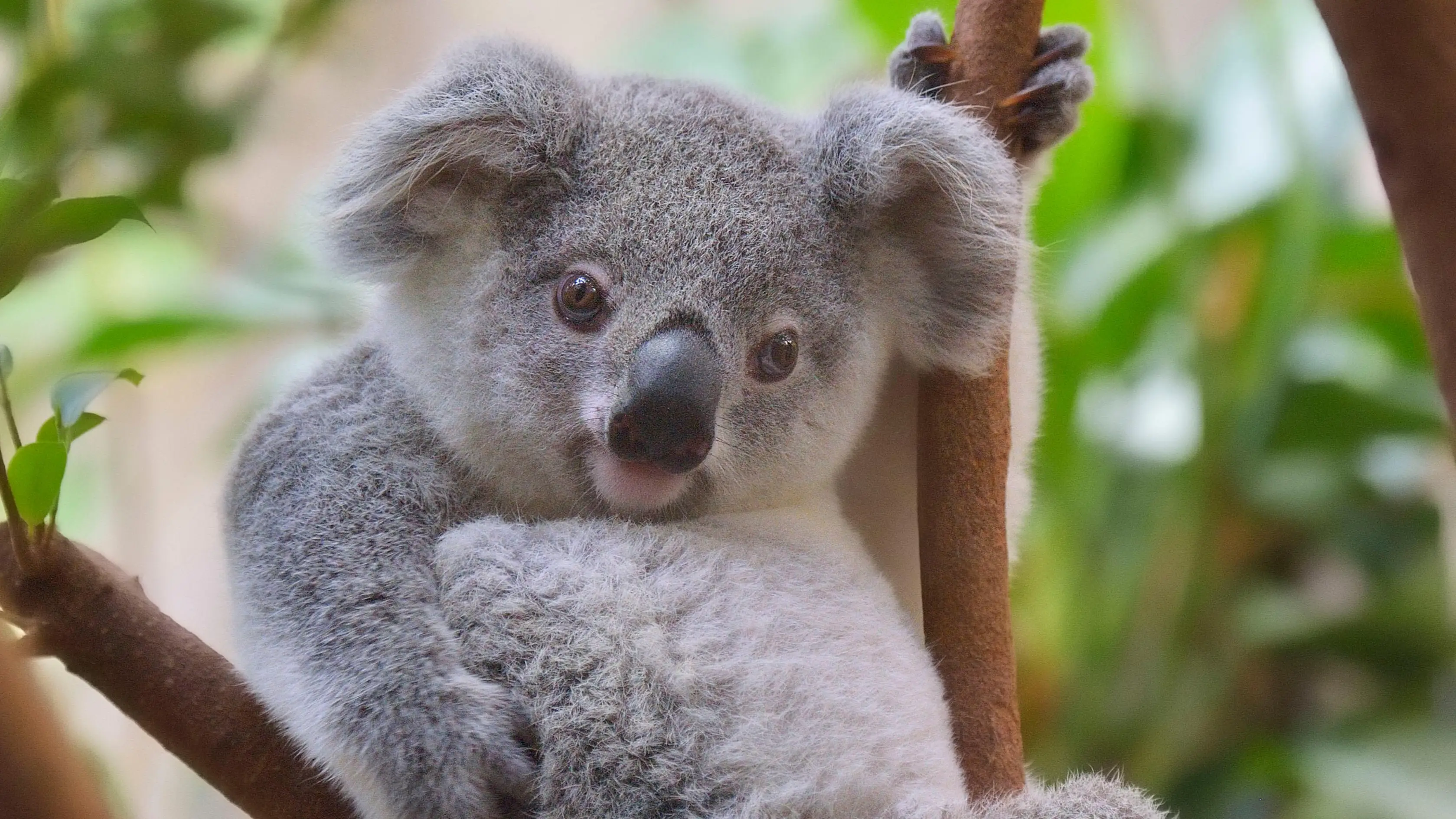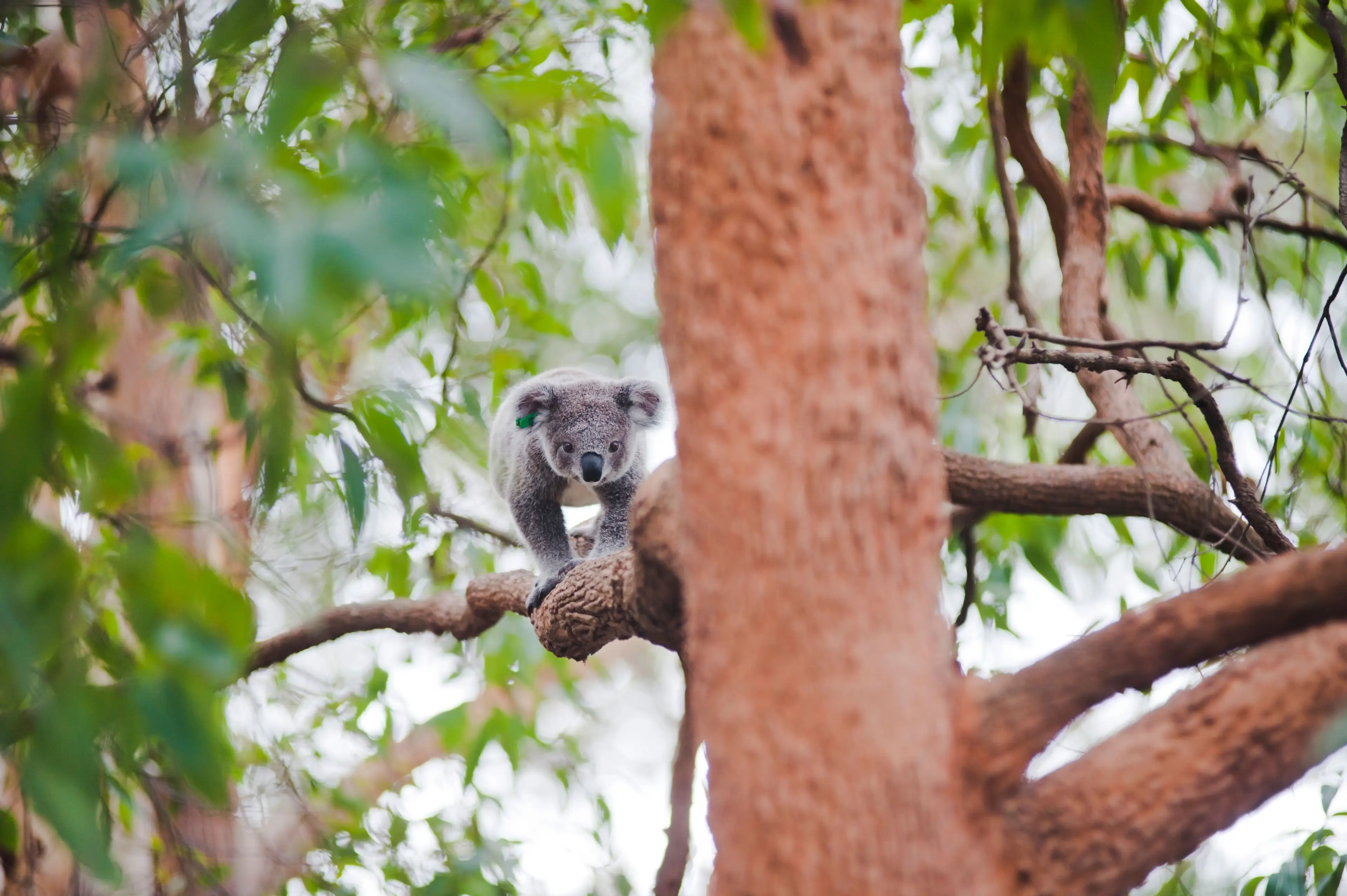
The status of koalas in New South Wales, Queensland and the ACT has been upgraded from 'vulnerable' to 'endangered'.
There are apparently only about 180,000 koalas left along the east coast, Federal Environment Minister Susan Ley said.
A far more dire picture was painted by the Koala Foundation's Deb Tabart though, who said Ley's estimate was 'rubbish' and there were likely only 50,000 to 80,000 across the whole country.
Ley said the new classification for our furry friends will give koala conservation greater priority.
She told ABC Radio Brisbane the Government hadn't set a target for the animal's population growth, but was seeking to develop 'resilient' populations ahead of any future natural disasters.

The Federal Government has allocated $50 million to koala conservation and protection.
Ley said the Government would connect corridors of koala habitat in northern NSW and southern Queensland, and also committed to planting new trees.
The koala population has been in decline due to climate change, land clearing and disease.
Under the Environment Protection and Biodiversity Conservation Act, animals can be classified as 'conservation dependent', 'vulnerable', 'endangered', 'critically endangered', 'extinct in the wild' and 'extinct'.
The Australian Conservation Foundation's Basha Stasak hit out at the Government for allowing the situation to deteriorate to this point.
"National environment laws have fundamentally failed to provide the protection the koala needs," Stask said.
"What we need to see the Government do is stop destroying koala habitat."
Stuart Blanch from the World Wildlife Fund said the new classification was 'grim but important'.
"It helps people who want to save koalas to do the right thing," he said.
"That's ministers who make decisions on development, it's treasury officials who work out whether to put money into funding farms to support koalas or buying up native logging wood supply agreements in koala country."
Featured Image Credit: Alamy